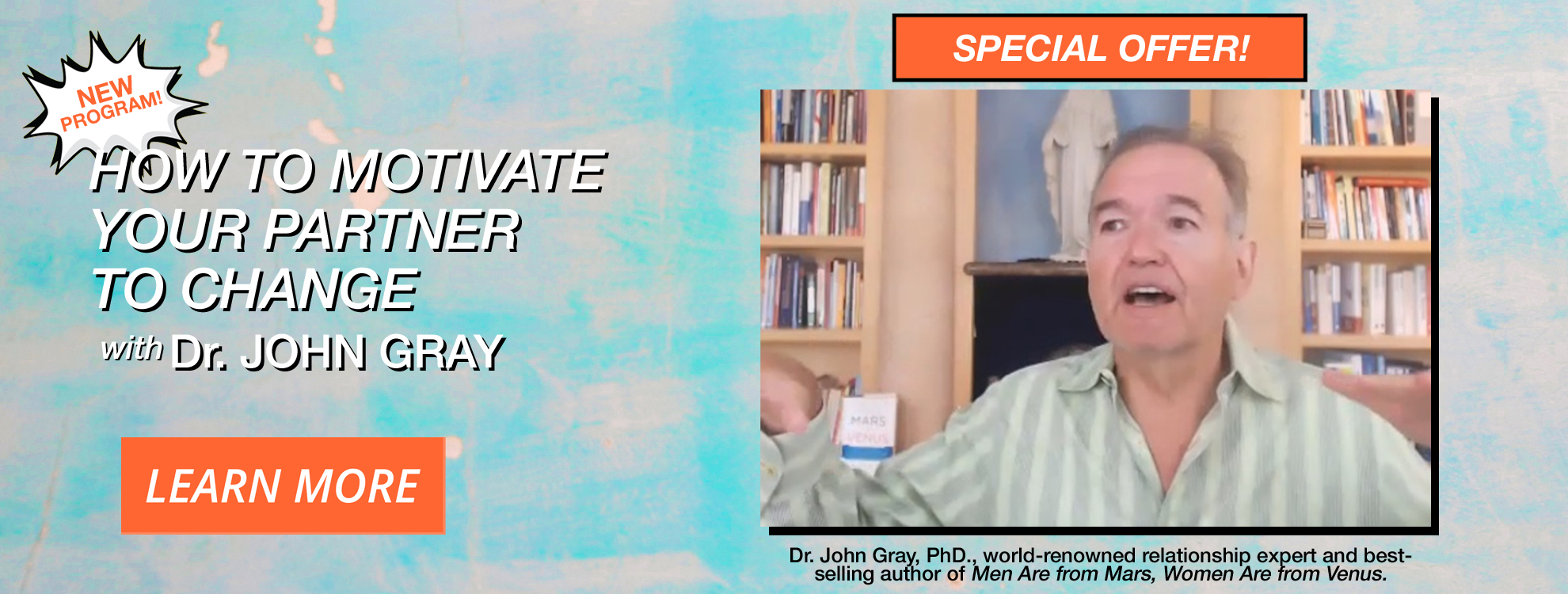 In this blog written by Heather Edwards, LMHC and Mark Banschick, MD originally published in Psychology Today, five simple tips are offered to breathe new energy into your marriage.
In this blog written by Heather Edwards, LMHC and Mark Banschick, MD originally published in Psychology Today, five simple tips are offered to breathe new energy into your marriage.
It’s Time to Kick-Start Your Marriage:
It’s easy to get caught up in work, childcare, managing your home, and keeping up with bills. The day to day realities of adult life can be draining, and under these pressures, any relationship can atrophy.
Marriage Has Positive & Negative Cycles:
Most couples go through it. Communication breaks down, sexual intimacy becomes an after-thought, fun is infrequent, and empathy is a strain. Sometimes conflict and arguing escalates, or for others, the marriage starts failing as the couple resorts to living parallel lives. Either way, the negative cycle has replaced the life enhancing positive cycle that couples find when they turn love into an action verb.
Find a Therapist:
Since the “D” word was not in your vocabulary when you got married, how can you flex and rebuild that svelte marriage muscle?
In this guest blog, Heather Edwards, a New York based therapist and life coach, lays out five ways to build positive energy back into your relationship.
Have Fun:
It sounds like the easy answer, but it’s always a good place to start. Consider the ways you used to enjoy each other’s company. You used to play together. What did you enjoy doing most? Was it going to a concert, park, or favorite restaurant? Maybe it was taking a bike ride, getting a massage together, or walking on the beach. Whatever the activity, make a commitment to one new action that brings energy into your relationship. If being together feels stifling for you, it probably feels the same way for your spouse or partner. Any activity that doesn’t have some level of enjoyment in it will eventually be one you want to rid from your life. The same applies to your marriage. So start breathing fresh air into it!
Self Awareness:
Be aware of your needs. What needs are not being met by your partner? Respect, encouragement, acceptance, and trust are a few needs that can feel compromised when marriages break down. These higher-level needs are sometimes masked by the day to day gripes, nagging or avoidant behavior that can become commonplace. Recognize your own negative behaviors as destructive, not constructive, and question what need is suffering underneath it. That’s probably what’s motivating your bad behavior, not just the dirty socks on the floor. Consider ways to constructively express yourself. Ending a negative cycle begins when you see what you are doing to each other.
Communicate:
Your partner is not a mind reader, nor does he or she have a crystal ball that will enlighten him or her. That means it is up to you to say what you mean, and mean what you say. If you want your message to be heard in a non-defensive way, then you need to verbalize your thoughts and feelings in a way that is not blaming, judging, nor critical. Blaming and judging can lead to defensiveness and stonewalling. Criticism can lead to contempt and resentment—and that’s the negative cycle. If what you want to build is openness, strength, and mutual support, then change the way you communicate. Rather than focusing your attention on your partners actions, focus on your experience of it. Own your feelings. Simply state what you feel when certain behaviors occur. Clearly and calmly ask for what you want. State, “I feel ___, because ___, and I want ___”.
Empathy:
Now that you’re aware of your true feelings, needs, and wants, consider your spouse’s experience of this problem.
All relationships experience power struggles. And, you know you are in one if either you or your partner needs to win at all costs. You may not always agree, but you need not make him or her feel stupid or crazy. When it’s about winning an argument, you both lose. Hear the feelings words he or she is using. Notice the body language and requests made. Imagine how it feels to express oneself in the manner he or she is using. Practice walking in their shoes. Check it out. It’s okay to let your spouse know that you recognize their struggle and that it’s real and valid. After all, you’re in this together, trying to find a way to live your lives better.
Intimacy:
Intimacy can be the barometer, or measure of pressure and change, in a relationship. Have you noticed your intimacy changing as stress, conflict, and detachment rise? Well, it’s an easy indicator that something is suffering badly and needs your attention. Identify the troubled areas in your marriage and apply all of the above interventions to them. Make improving your sex life with your spouse a priority. Oxytocin, a bonding hormone that is released during sex, will bring you closer and increase warm, loving feelings toward each other. Just do it! Set aside time to nurture yourselves in this way.
Have fun reconnecting with each other!
Heather Edwards, MA, LMHC is a therapist and life coach located in New York City. She can be reached for consultation at:
http://newyorkpsychotherapyandlifecoaching.com/
For more on The Intelligent Divorce and Other Relationship Advice see:
Twitter: twitter.com/MarkBanschickMD
Website: www.TheIntelligentDivorce.com
Online Parenting Course: www.FamilyStabilizationCourse.com
Radio Show: www.divorcesourceradio.com/category/audio-podcast/the-intelligent-divorce
Video: www.youtube.com/watch?v=HFE0-LfUKgA



Reblogged this on MadeleineMaya.
Thank you, Madeleine!